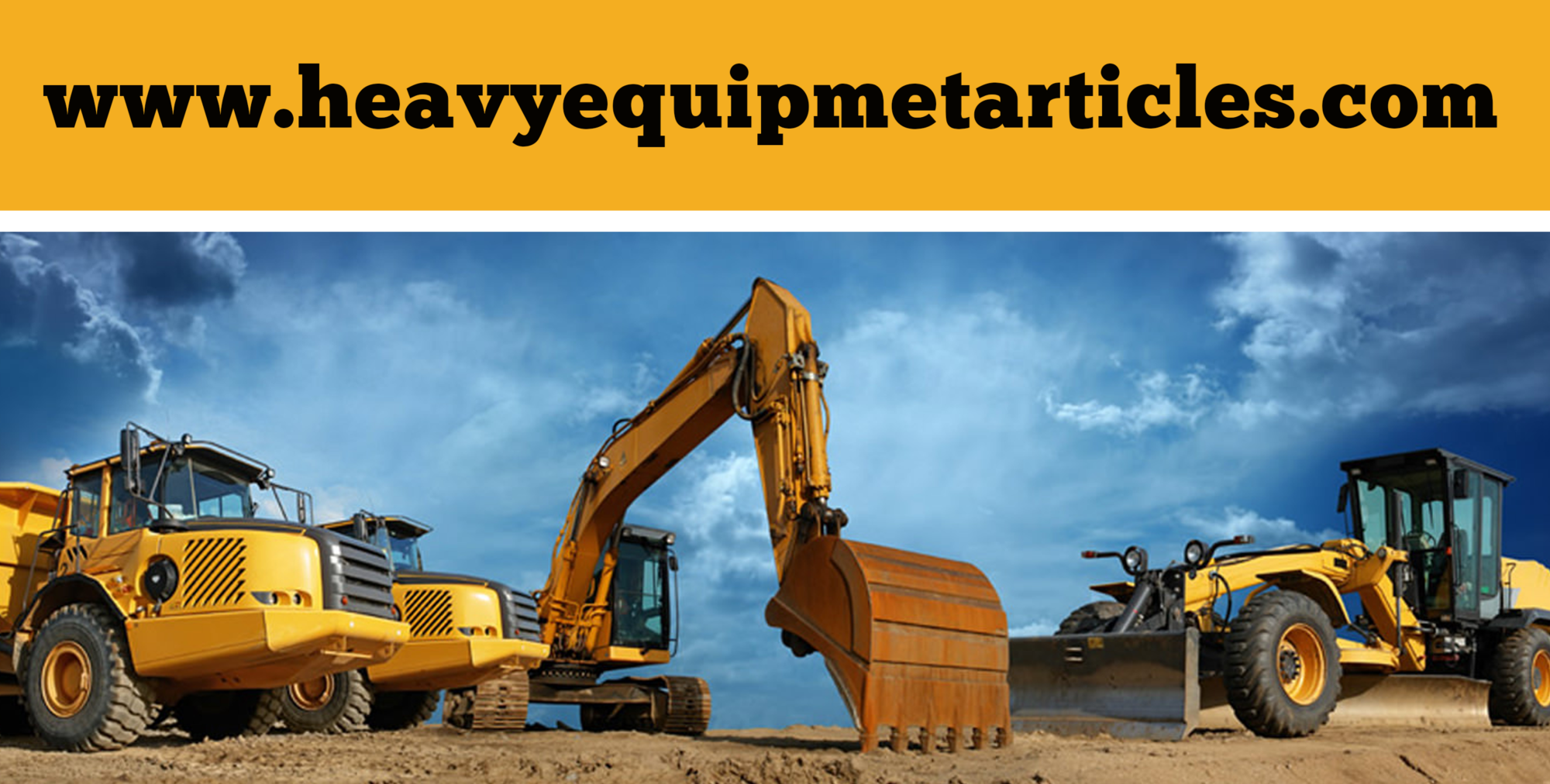Podcast: Play in new window | Download | Embed
Subscribe: Apple Podcasts | RSS
The construction activities have increased due to increase in population. Many big and start up construction companies cannot afford to a buy and maintain all new equipment for their work, especially in case of short term projects. Hence, they prefer to buy equipment and machines on rental basis at an affordable price and return it after use. Thus, rental business is profitable and is booming. It is observed that many equipment rentals only rent specific equipments and do not keep all types of equipments. It is because they have studied market and functional aspects of the equipment. Since most of the heavy equipment are multifunctional, being in rental business of specific equipment can be a good idea as it saves the cost of buying and maintaining different equipment.
Wheel loader (front end loader or bucket loader), is one of the widely used machines in construction. It is primarily used in construction applications such as material handling, digging, load and carry and road building and some even are used for waste handling. They are versatile and have good payload capacity to perform multiple functions at low cost. They are very much required in any construction project, however they are expensive.
Tier 4-compliant models, the cost of a new machine is more than it has been in the past. The cost of these A survey reported that overall the heavy machinery rentals have jumped by 75% in 2013 to 2014 alone, with wheel loader rentals soaring up 273%. Thus, renting of the wheel loaders (WLs) is a profitable business due to the following reasons:
- It has been observed that as a result of the engine refinements made to machines, their cost now ranges from between $86,000 and $245,000. Due the enormous cost factor, most individual contractors, small and big construction business purchase either single or an entire fleet of wheel loaders on rental basis. This becomes more cost effective.
- There is overall a downfall in economy and purchasing such expensive machines is not affordable to many construction industries. Hence they prefer rental WLs.
- Buyers are also interested in new models of WLs since they are easy to operate, have advanced technology and increased speed. The new models include features such as
- Electric loaders as compared to the diesel or gasoline engines
- Range of attachments such as grapples, forks, buckets of varying sizes.
- Reduction in fuel transmission
- Good cab/cabins for the operators to get greater range of visibility on all sides.
- These factors increase productivity at a work place. If the rental service providers (RSP) can add such advanced WLs to their fleet and provide on rental basis then it will increase their business.
4. RSP should have good business plan and strategy, advertise in newspapers and on websites, know about their own expenses (owning a store, ability to purchase these high end equipment, maintenance and repairs of machines, water and electricity bills.)
5. Buying used equipment on rental basis is common for the short duration projects, hence they are in demand. Thus, RSP can also look for option of renting ‘used’ or ‘second hand’ WLs too, since purchasing such equipments is cost affordable. However, they should be careful while choosing such machines that have undergone less wear and tear and their parts are available.
6. RSP should be careful while renting the expensive and used WLs to the buyer. They should understand the nature of work requirements of the customer and should guide them properly. They should help the customer to choose appropriate model of WL with proper loading and bucket capacity. Further, they should make sure that the buyer has the capability to pay the rental amount and would take care of the equipment and will return the equipment in good condition. After all the terms and conditions are acceptable to both parties, a rental agreement has to made between RSP and prospective buyer.
